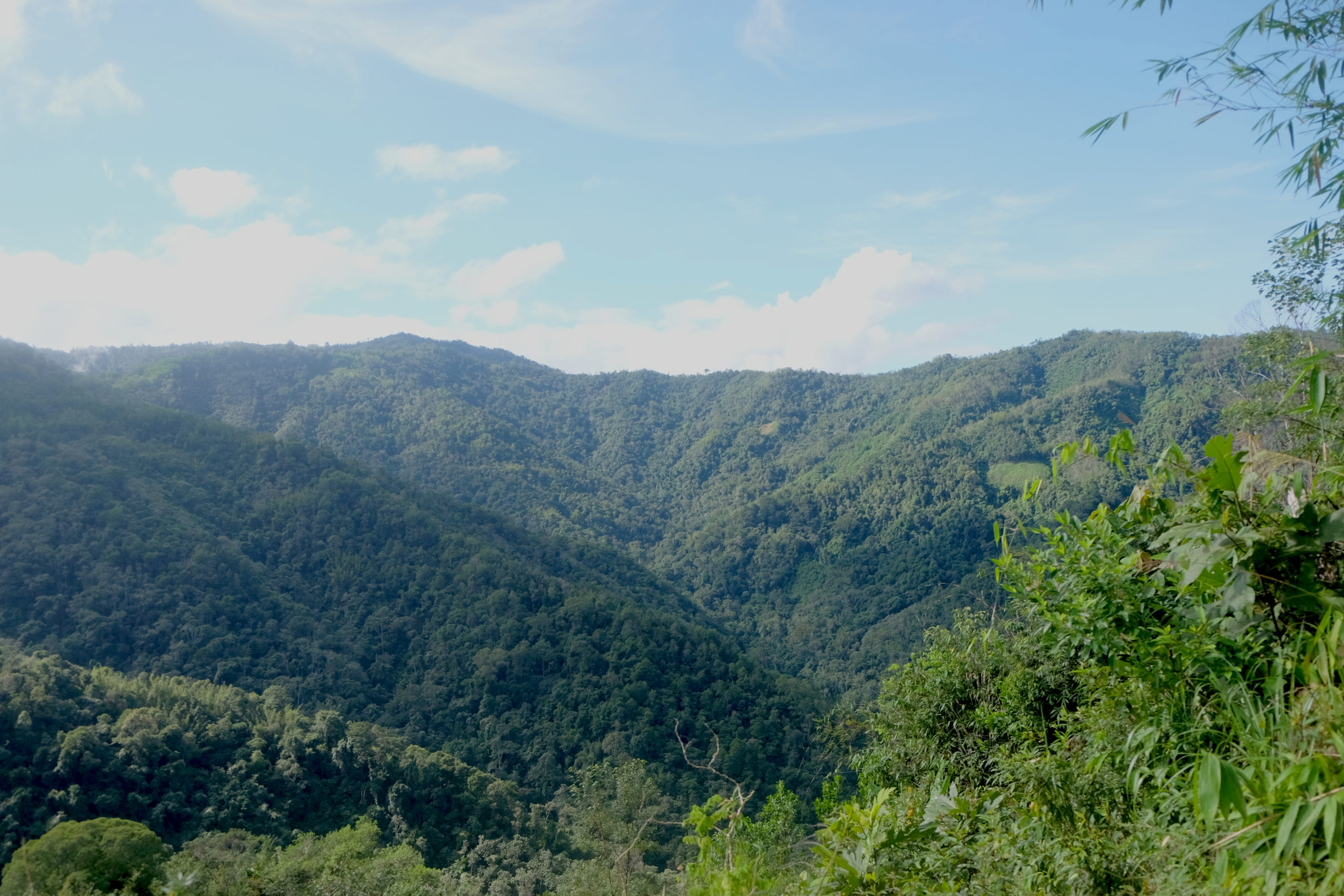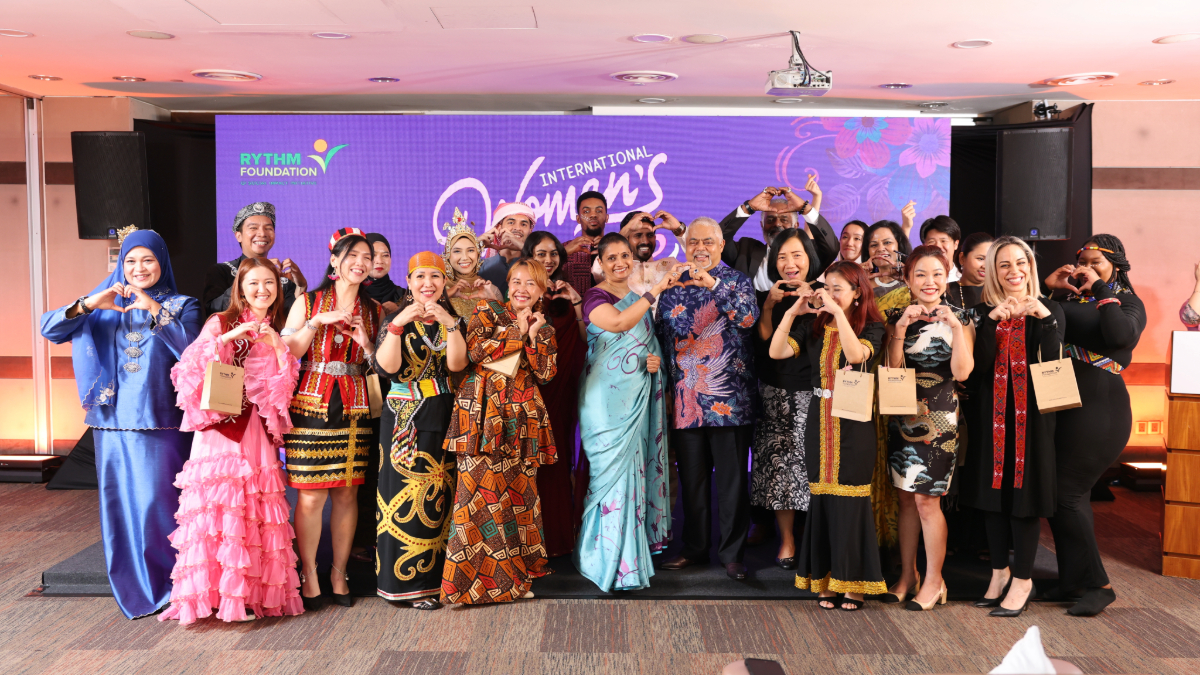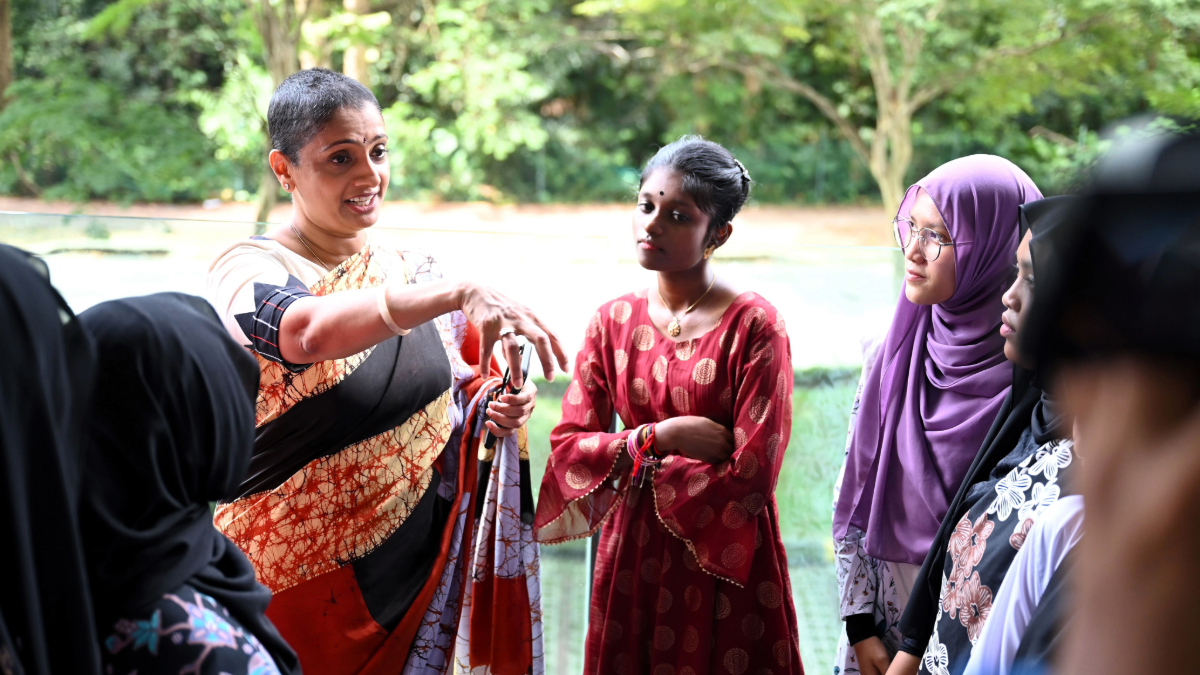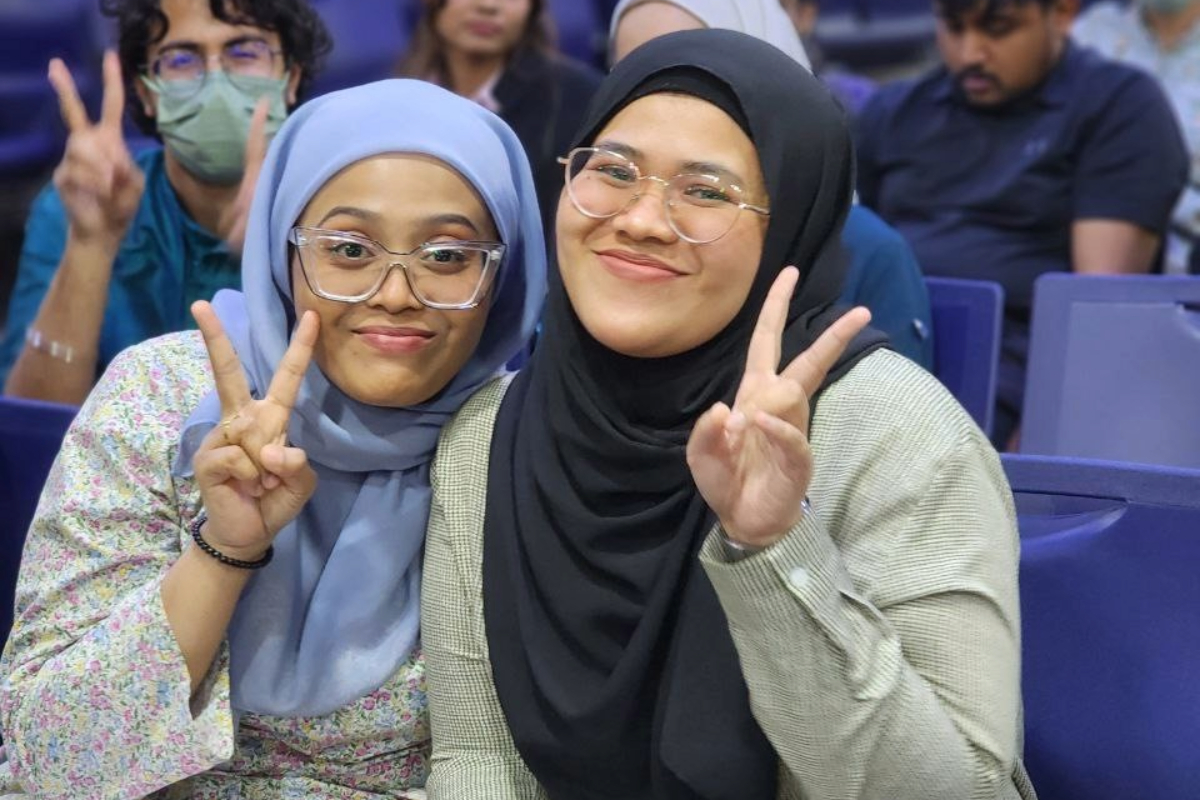Sabah’s Kiulu sub-district is a picturesque region surrounded by mountains.
Majestic mountains blanketed in numerous shades of green surround the Kiulu sub-district in the East Malaysian state of Sabah. It is difficult to imagine that hardship exists here with such picturesque surroundings.
However, life is anything but blissful for the Orang Asli (Malaysia’s indigenous people) villagers living here.
The deprivation is evident along the approximately 50km route from the state capital Kota Kinabalu to villages like Ratau, Talantang and Lokub. Several tiny brick and wood houses line the road between these towns, with many more beyond sight and accessible only through narrow gravel or dirt paths.
In 2016, the United Nations reported that 34% of the non-Malay Bumiputera community comprising the Orang Asli lived below poverty. Moreover, a more recent Statistics Department study revealed that Sabah recorded the highest rise in poor households in 2019.
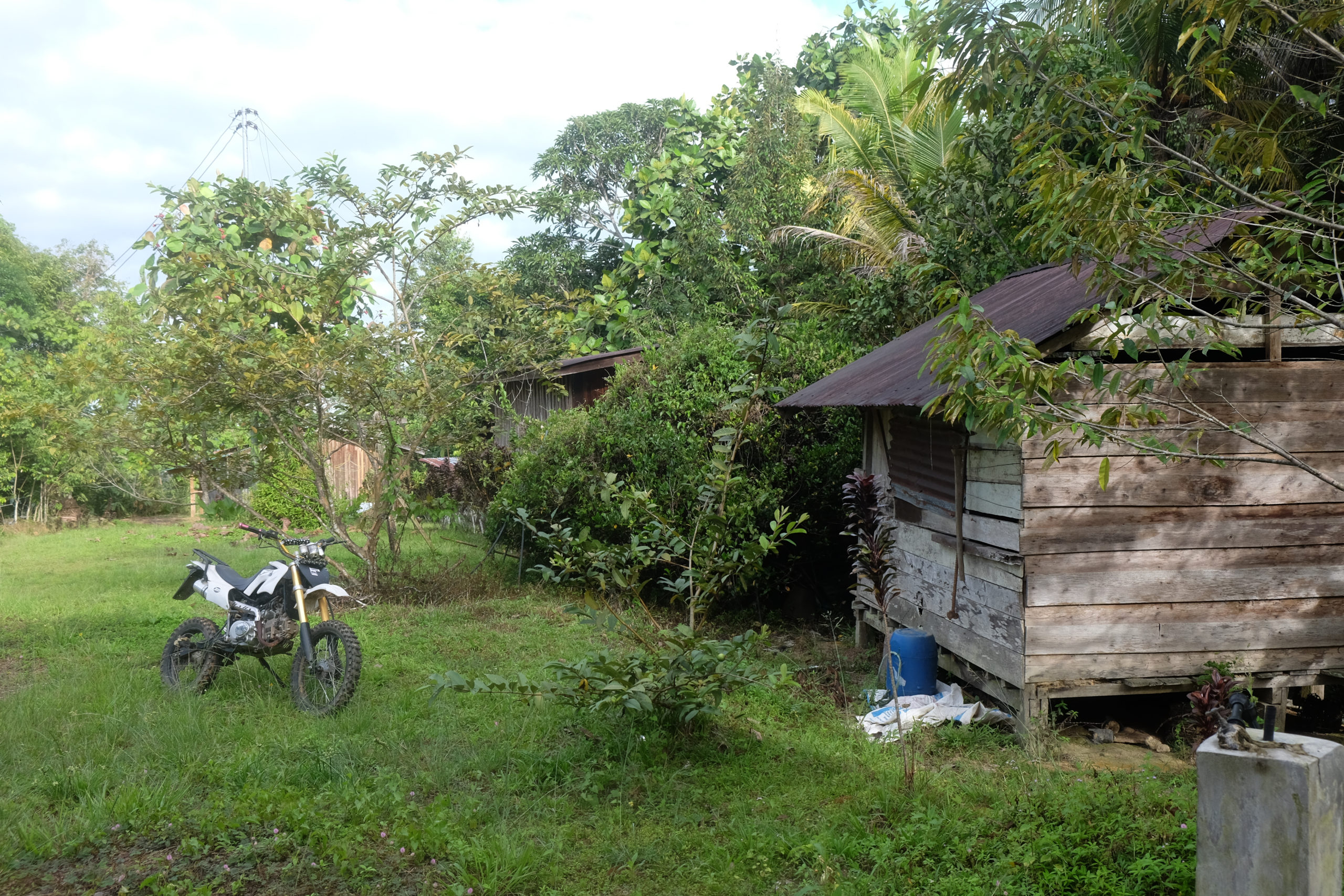
The Orang Asli occupy derelict wooden houses connected by narrow gravel or dirt paths.
Community Adoption Programme Sabah (CAP Sabah)
RYTHM Foundation, the social impact arm of the QI Group, has worked with Malaysia’s indigenous communities since 2020. Last year, the Foundation selected Ratau, Talantang and Lokub as the focus areas for its first Community Adoption Programme in Sabah (CAP Sabah).
Implemented in collaboration with NGO Good Shepherd Services (GSS), the programme aims to alleviate these remote communities. The first phase of the three-year initiative until 2023 focused on two thrusts: delivering academic support and nurturing youth empowerment.
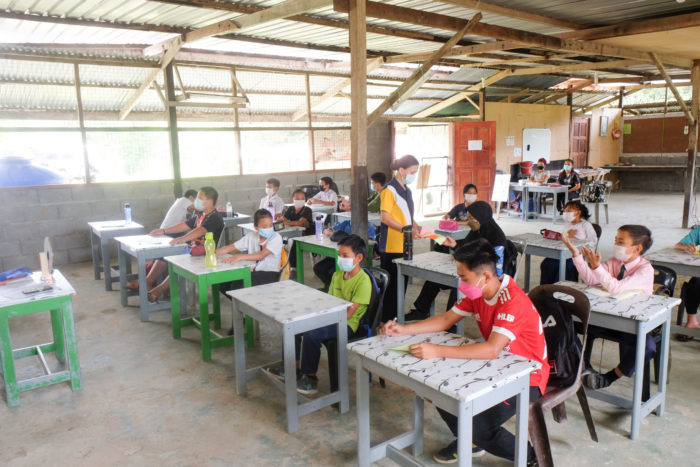
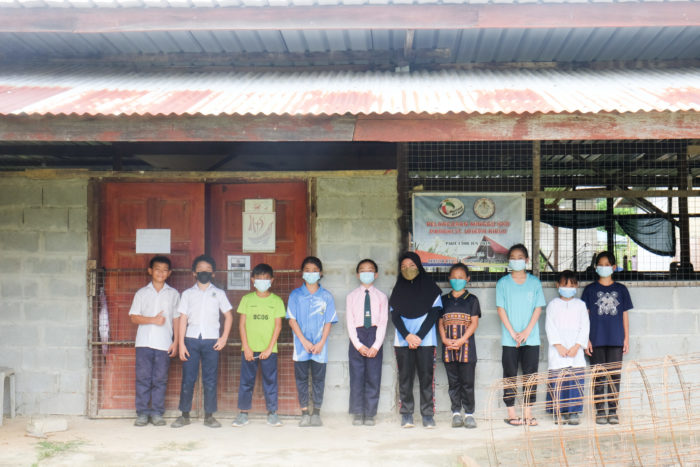
An element of CAP Sabah involves providing tuition to 10- to 12-year-olds.
Education Despite Lockdowns
A goal of CAP Sabah’s first phase includes providing after-school academic support to children aged 10 to 12 years. The joint programme oversees the training of tutors managing the extra classes.
Normazni, a mother of one of the 48 students attending the classes, said the tutoring programme had made a positive difference. “Before, most of the children wasted their afternoons roaming around and playing with their friends,” she said. “But their interest in learning has increased since the extra classes began.”
A student, Adieson, noted he was more confident after enrolling in the extra classes. “When we have English, Science, Bahasa Malaysia and Mathematics assignments, we present them to the class. I enjoy doing these presentations. They have helped me build self-confidence,” Adieson said.
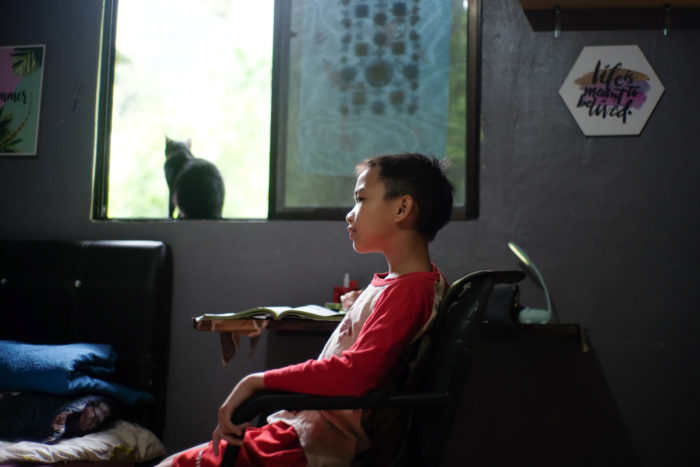
Primary school pupil Adieson says he is more confident thanks to the academic tutoring classes.
RYTHM and GSS endeavoured to avoid disruptions to the programme amid last year’s numerous pandemic-induced lockdowns. Still, the year proved to be a challenging one.
“Some students live in areas with unstable networks, while others have no internet access,” said Josephine, a tutor with the programme. “Because of the (erratic) internet connections, we were sometimes forced to postpone online classes for days.”
The programme, however, drew more students despite the challenges, said Jairin, a senior programme officer with GSS.
“The students did attend school before the programme (was introduced), but the pandemic interrupted their lessons. As a result, their parents would often make long trips to and from the schools to pick up and submit their children’s worksheets,” Jairin added.
Clearing the Path for Eco-tourism Ventures
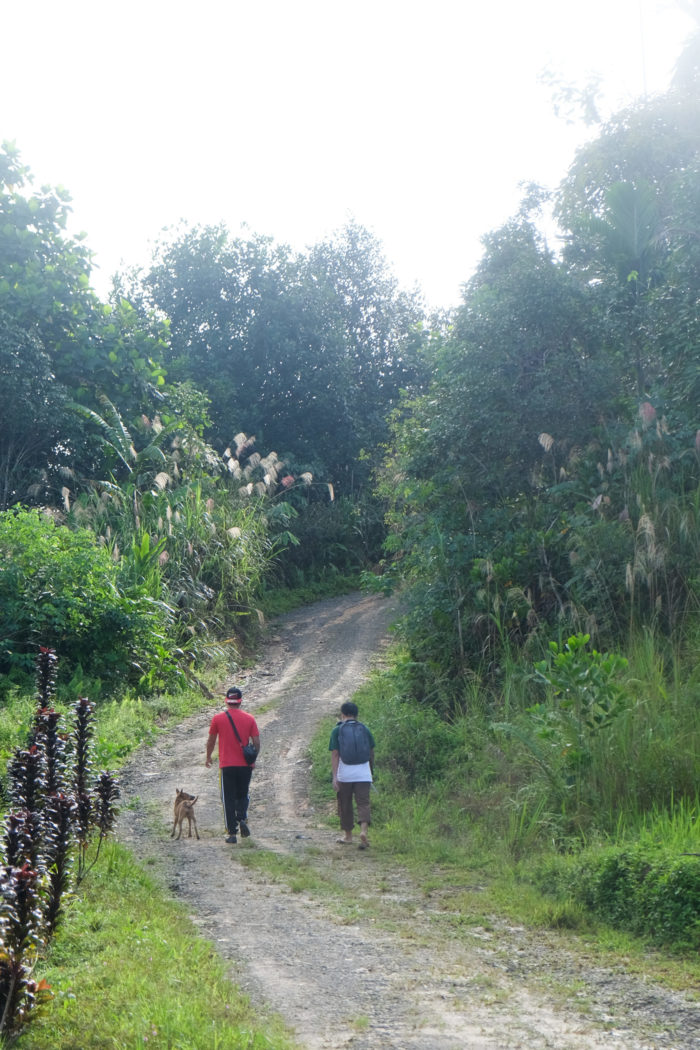
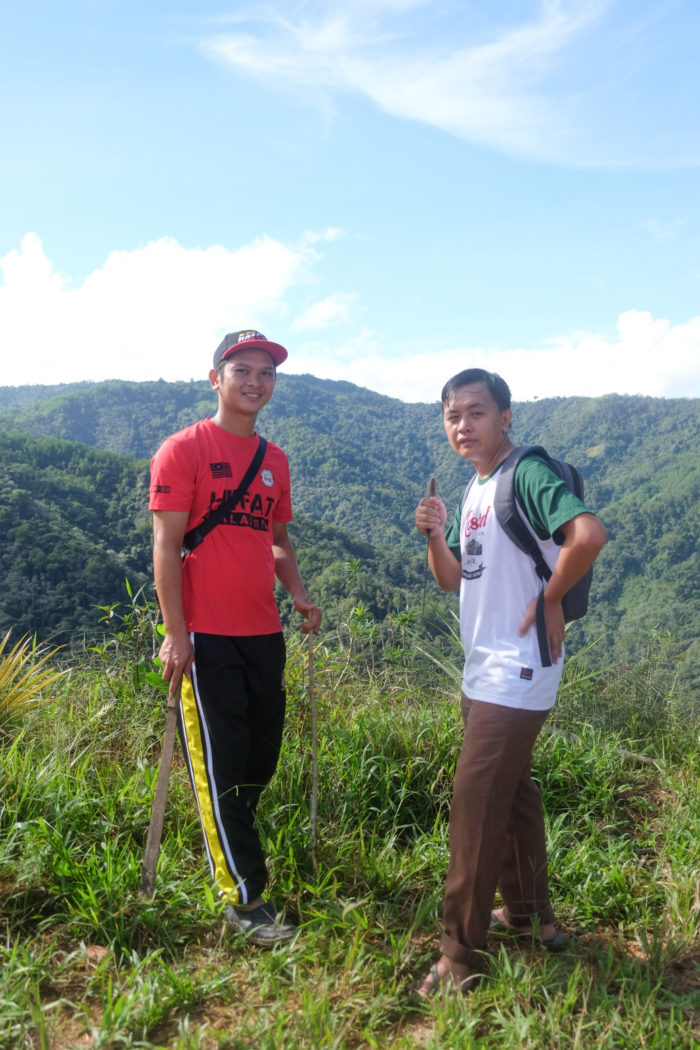
Above: Residents walk a path in the village. Below: Bonnie Benze Eing (in white) and a friend in a scenic spot in Kampung Telantang.
Another element of CAP Sabah is the Youth Connect Circle (YCC) initiative. Twelve youths participated in initial personal development and entrepreneurial skills courses.
Their primary task involved identifying a viable eco-tourism idea in their respective villages. The participants also received guidance on preparing their business proposals and structuring their ventures.
With Kiulu’s beauty, eco-tourism naturally seemed the most popular idea among the group’s members. One such ideal spot is in Kampung Telantang, which sits atop a steep climb that leads to fantastic views. YCC participant Bonny Benze Eing’s proposal comprises creating a hiking trail here.
“Based on Mr Mejin’s (president of the Kiulu Tourism Association) recommendation, we want to create a hiking trail in Kampung Telantang,” Bonny said.
The enterprising youngster has begun clearing a jungle trail with two other YCC members. The group’s members are encouraged to enlist friends to see their endeavours through in the hope that the ventures create jobs for Kiulu’s youth and raise their socio-economic status.
Empowering People to Empower Others
With the first phase nearing completion, RYTHM and GSS are already discussing maintaining this meaningful effort.
“Listening to the stories and seeing how CAP has helped the children and youth of Kiulu reinforces the importance of long-lasting community development, said the Head of RYTHM, Santhi Periasamy.
Over RYTHM’s three-year pledge to improve livelihoods in these villages, CAP Sabah will expand to include preschool support, women’s entrepreneurship, and social entrepreneurship skills built on the recent efforts.
“After the programme runs its course, we hope that the pioneering tutors, youths, children and other beneficiaries will continue to help more community members,” she added.

